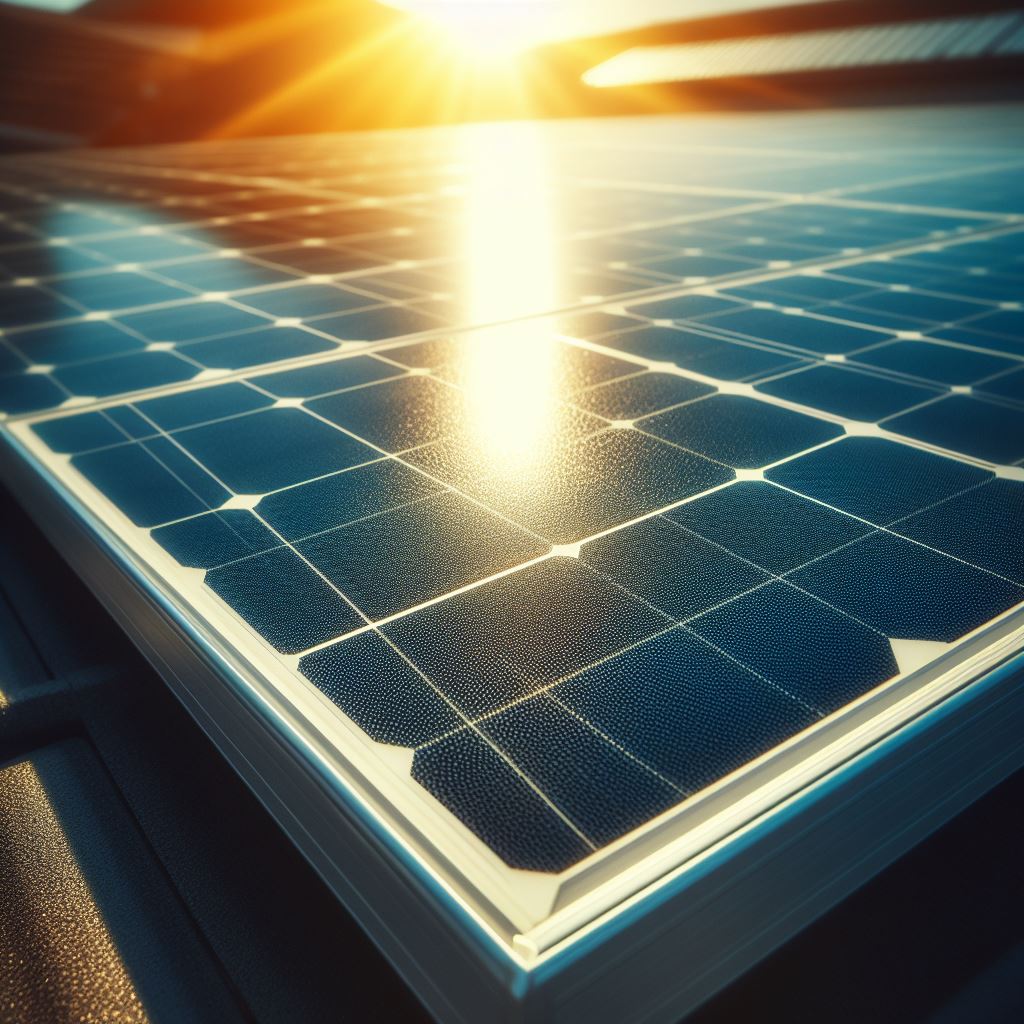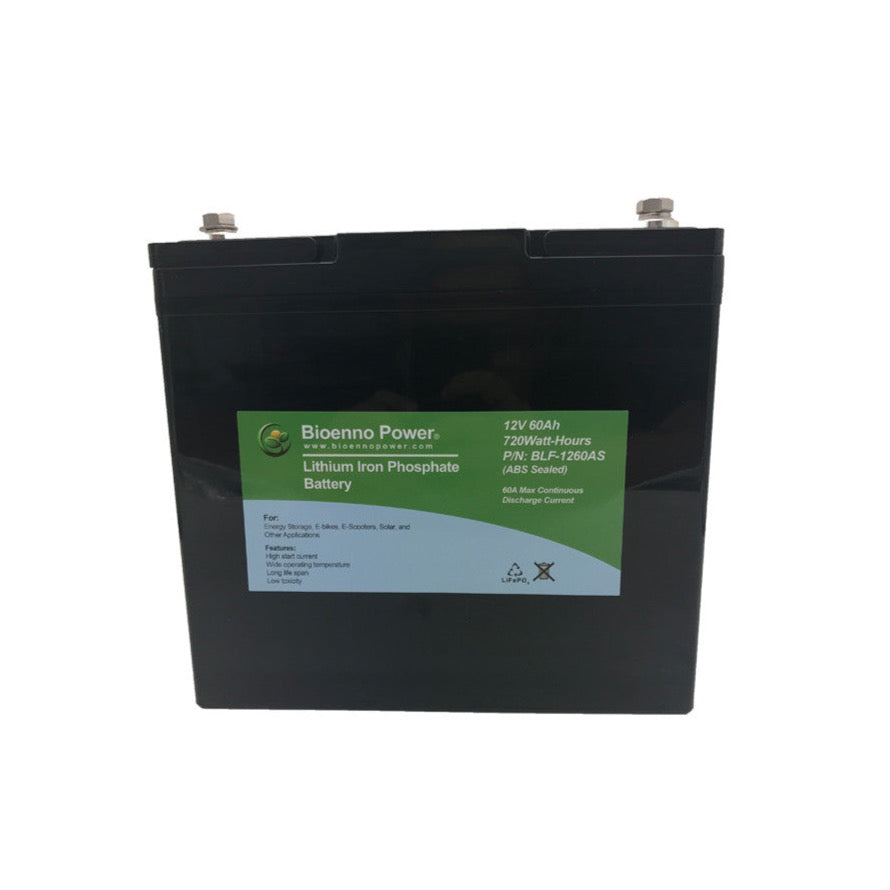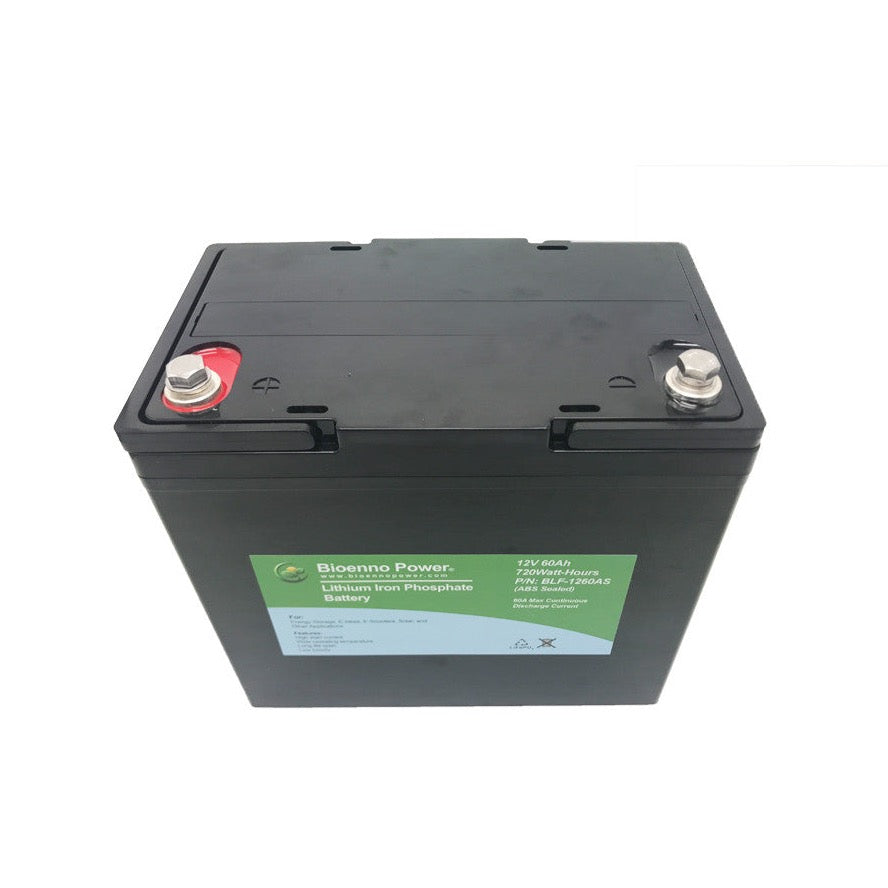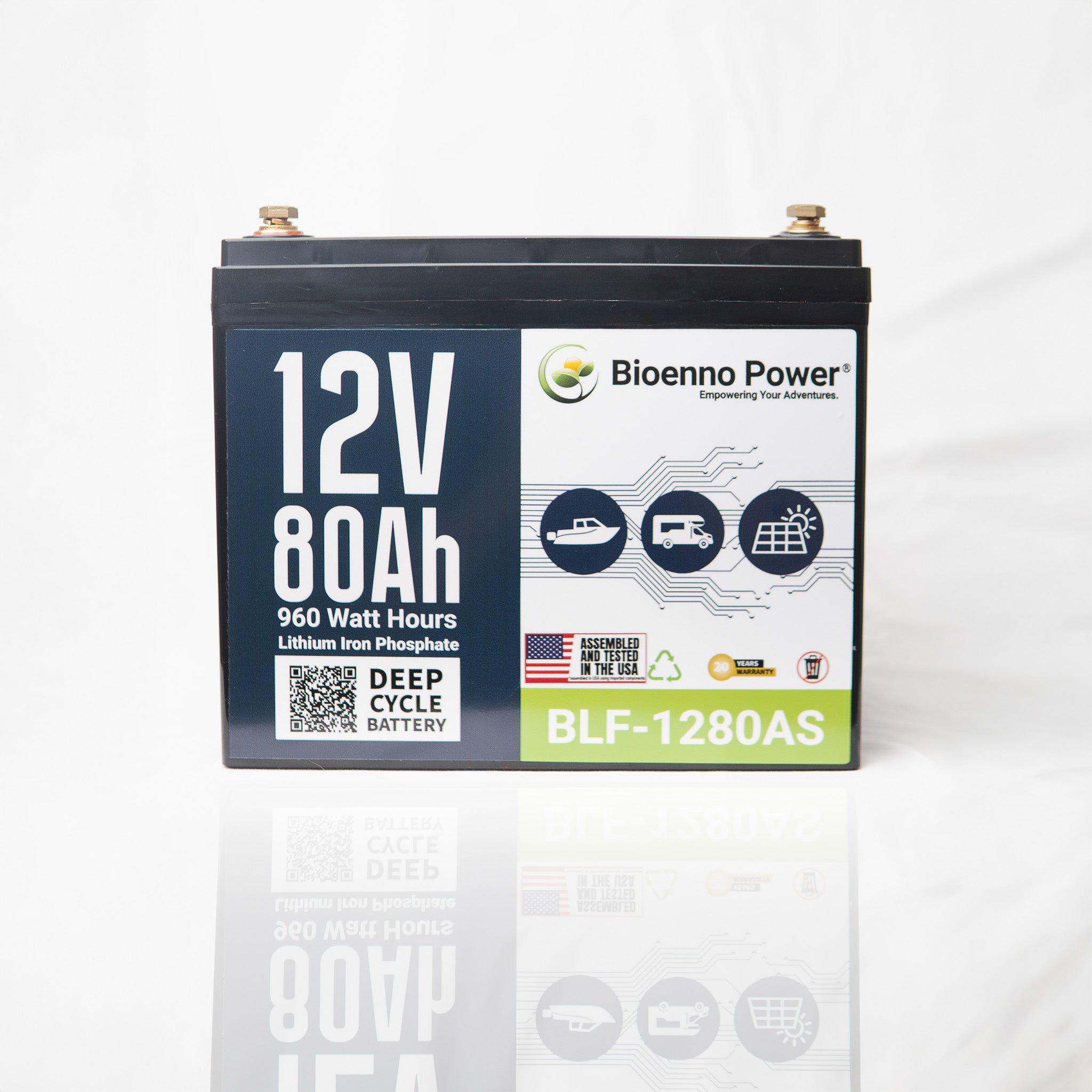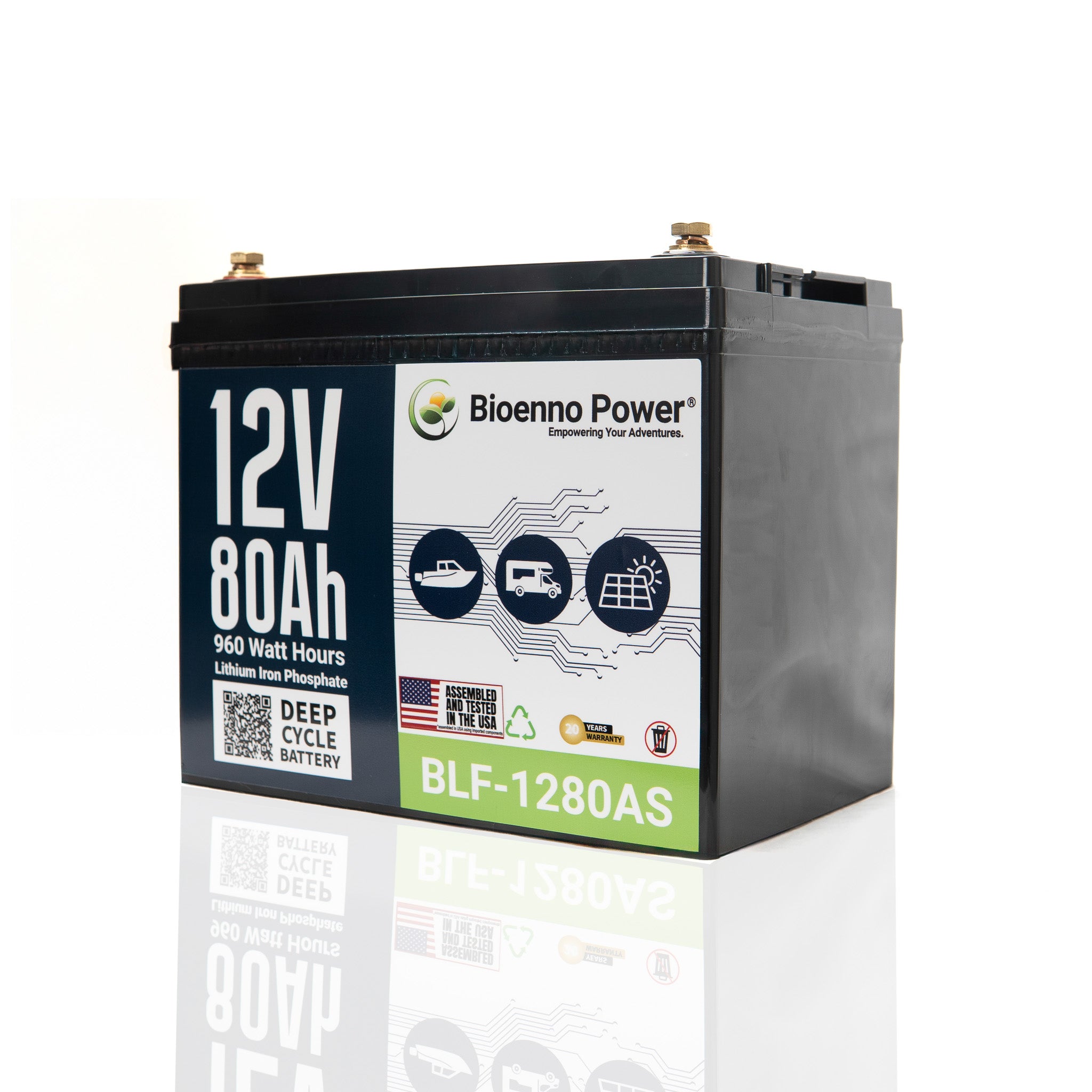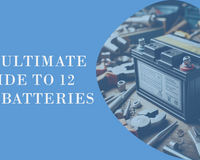Solar power is revolutionizing the way we harness energy for various applications, and one area where it plays a crucial role is in charging deep cycle marine batteries. As a leading lithium iron phosphate battery manufacturer, Bioenno is committed to empowering its customers with the knowledge to make informed decisions. In this article, we aim to guide you through the process of selecting the right solar panel to efficiently charge your deep cycle marine battery.
Understanding Deep Cycle Marine Batteries
Before we get into the solar panel selection, let's briefly review what deep cycle marine batteries are. These batteries are designed to provide a steady amount of power over an extended period, making them ideal for marine applications where a reliable and continuous power source is essential to the success of the trip. They are commonly used in boats, yachts, and other marine vessels to power various electronics and systems.
The Importance of Choosing the Right Solar Panel
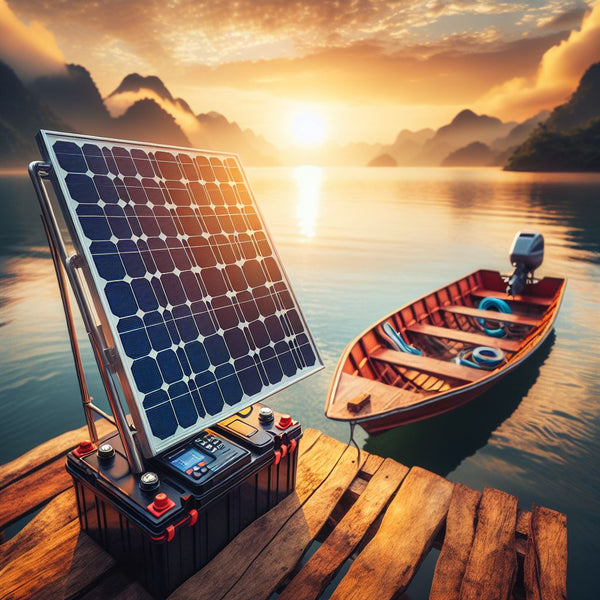
Selecting an appropriate solar panel is crucial for optimizing the charging process of your deep cycle marine battery. Efficiency, compatibility, and reliability are key factors to consider. The right solar panel ensures that your battery receives a consistent and sufficient charge, extending its lifespan and enhancing overall performance. Choosing the wrong solar panel for your deep cycle marine battery can have significant consequences, both in terms of performance and cost. Here's a breakdown of the potential costs associated with making the wrong choice:
- Reduced Efficiency: Opting for a solar panel with inadequate power output may result in reduced charging efficiency. Your deep cycle marine battery might not receive the necessary charge to operate optimally, leading to decreased performance and potentially leaving you stranded without sufficient power.
- Shortened Battery Lifespan: Using a solar panel that doesn't match the requirements of your deep cycle marine battery can lead to overcharging or undercharging. Over time, this can contribute to premature wear and a shortened lifespan for your battery, necessitating more frequent replacements and incurring additional costs.
- Compatibility Issues: The size and dimensions of the solar panel are crucial considerations. Choosing one that doesn't fit the available space on your marine vessel can result in installation challenges or even require costly modifications. Compatibility issues may also affect the overall functionality of your power system.
- Maintenance Costs: Some solar panels may not be designed to withstand the harsh marine environment. Exposure to saltwater, UV rays, and extreme weather conditions can accelerate wear and tear, leading to increased maintenance costs or the need for more frequent replacements.
Factors to Consider When Choosing a Solar Panel
- Power Output: Assess the power output of the solar panel, measured in watts. Consider the energy requirements of your deep cycle marine battery and choose a solar panel that can generate enough power to meet those needs.
- Size and Dimensions: Evaluate the size and dimensions of the solar panel to ensure it fits the available space on your marine vessel. Consider the layout and available surface area for optimal placement.
- Durability and Weather Resistance: Marine environments can be harsh, with exposure to saltwater, UV rays, and extreme weather conditions. Choose a solar panel with high durability and weather resistance to ensure longevity and reliable performance.
- Type of Solar Panel: Monocrystalline and polycrystalline are two common types of solar panels. Monocrystalline panels are known for higher efficiency, making them suitable for limited space applications like marine vessels.
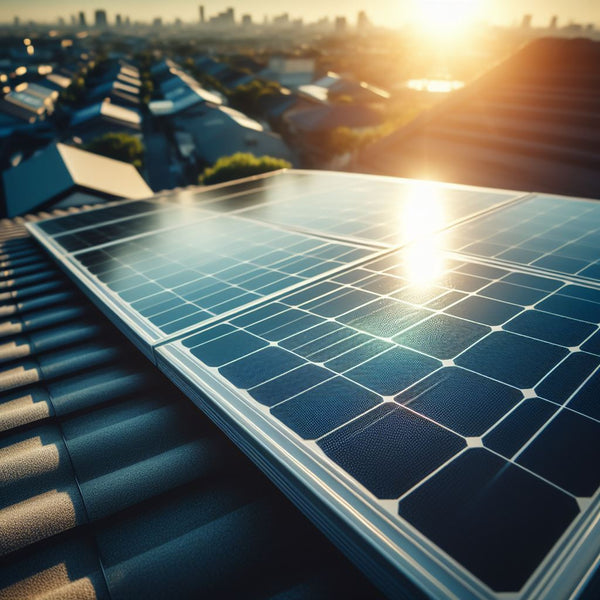
Monocrystalline vs. Polycrystalline: A deeper look
When it comes to selecting a solar panel for charging your deep cycle marine battery, understanding the differences between monocrystalline and polycrystalline panels is essential.
Monocrystalline Solar Panels
Advantages:
- Higher Efficiency: Monocrystalline panels are known for their higher efficiency compared to polycrystalline counterparts. This means they can convert a greater percentage of sunlight into electricity, making them ideal for applications with limited space, such as marine vessels.
- Space Efficiency: The efficiency of monocrystalline panels allows them to generate more power in a smaller physical space. This is particularly advantageous on boats and yachts where available surface area for solar installations may be restricted.
- Longevity: Monocrystalline solar panels often have a longer lifespan, providing a reliable and durable solution for marine environments.
Polycrystalline Solar Panels
Advantages:
- Cost-Effectiveness: Polycrystalline panels are generally more cost-effective to produce, making them a budget-friendly option for those looking to harness solar power without breaking the bank.
- Slightly Lower Efficiency: While polycrystalline panels have a slightly lower efficiency compared to monocrystalline panels, they still offer a respectable level of performance, especially in larger installations with ample space.
- Adaptability: Polycrystalline panels can be a suitable choice for applications where space is not a limiting factor. If you have a larger area available for solar panels, the cost-effectiveness of polycrystalline options may outweigh the slight decrease in efficiency.
When deciding between monocrystalline and polycrystalline solar panels for your deep cycle marine battery, consider the specific requirements of your vessel. If space is a premium and you want to maximize efficiency, monocrystalline panels are the preferred choice. On the other hand, if you have ample space and are mindful of cost, polycrystalline panels offer a practical and economical solution.
Connecting the Dots: Solar Panels and Deep Cycle Batteries
Bioenno's commitment to cutting-edge technology ensures that their lithium iron phosphate batteries are optimized for solar charging systems. The deep cycle marine battery from Bioenno is engineered to efficiently store and release energy, complementing the capabilities of a well-selected solar panel.
To understand the deep cycle marine batteries and unlock the full potential of your marine power system, refer to our article: Unlocking the Power: Deep Cycle Marine Battery Tips.
Conclusion
In conclusion, choosing the right solar panel is a critical step in ensuring the efficient charging of your deep cycle marine battery. By understanding the specific requirements of your marine vessel and considering factors such as power output, size, durability, and type of solar panel, you can optimize your solar power system. Bioenno's deep cycle marine batteries are designed to seamlessly integrate with solar panels, offering a reliable and sustainable power solution for your marine adventures.
Enhancing Your Knowledge
For a comprehensive understanding of deep cycle batteries and their role in solar-powered applications, Bioenno's Understanding the Deep Cycle Battery, provides valuable insights.

